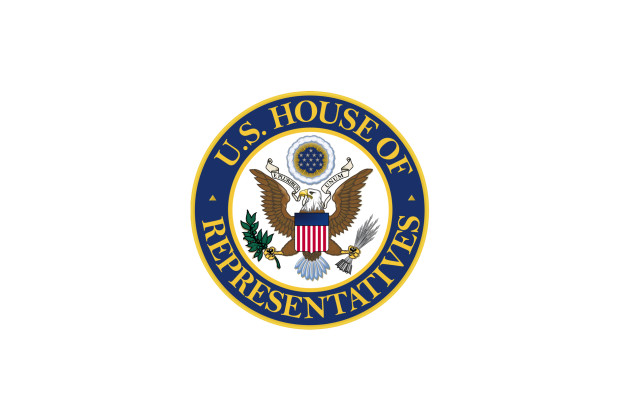The text of a proposed bill that would fund the U.S. government through next spring has been released, signaling the end of any hope that the 114th Congress would exempt premium cigars from regulation by the U.S. Food & Drug Administration (FDA).
It’s called a continuing resolution, a short-term maneuver that is designed to keep funding at its current levels in order to allow the larger debate about funding changes to happen at a later date. While the current text does include a few changes such as emergency funding for recent natural disasters, it predictably does not include language that would exempt premium cigars from FDA control.
The proposed measure will fund the government through April 28, 2017, at which time the 115th Congress will need to pass either a new budget or another continuing resolution, otherwise it risks a government shutdown.
On Thursday afternoon, the bill passed the House of Representatives by a vote of 326-96. It still needs Senate approval.
There was a chance that premium cigars could have received an exemption from the current Congress. Earlier this year, the House Appropriations Committee approved a bill that would have prevented FDA from regulating premium cigars. Like many other bills, however, it never reached the House floor.
Some believed that had Democrats won control of the White House, but not complete control of Congress, many of the funding bills would have been voted on, likely using a procedure called an omnibus, where many bills are combined into one larger bill allowing the two political parties to negotiate all of them at once in good faith.
That chance disappeared when the Democrats failed to win the White House. It meant Republicans, who control both houses of Congress, had no incentive to pass those bills as they expect to receive a more favorable outcome with Donald Trump as president.
Continuing resolutions usually pass with ease as they are usually “clean” bills. Typically, both parties agree to refrain from placing any controversial matters in the bills in order to prevent a shutdown of the government.
However, there is at least one potentially problematic part of the proposed text.
Republicans have included language that would reduce the amount of time a person would need to be retired from active military service before they could serve as secretary of defense. This measure is a result of the nomination of Gen. James Mattis to be the next secretary of defense; under the current law he would not eligible for the position due to how recently he served. Democrats have stated this could lead to opposition for the continuing resolution.
There is also some risk that funding for retired coal workers could also delay the bill.
The most recent continuing resolution, passed in late September, expires on Dec. 9, meaning Congress has until Friday to avoid a government shutdown.
Update (Dec. 8, 2016) — The bill passed the House, it now moves onto the Senate. This post was originally published on Dec. 7, 2016.



